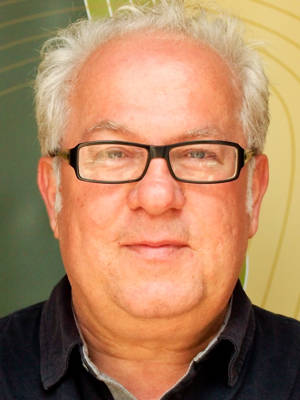After the island's division in 1974, the Turkish Cypriot administration, in collaboration with the Turkish government, arranged the facilitated migration of around 30,000 Turkish nationals with the aim of boosting the population of the north and improving its prospects of economic survival as a separate entity. These settlers were given Greek Cypriot houses and citizenship in the new 'state.' Subsequently, other Turkish nationals began to arrive on their own initiative, but they were not granted the privileges of property and citizenship. Nevertheless, public discourse usually combines these two groups, thereby inflating the number of persons who could legitimately be called 'settlers,' i.e., persons who arrived as part of a scheme to alter the island's demographic balance.
With every round of reunification negotiations, these settlers again appear on the agenda as a group that may be ‘sent back,’ although after the passage of more than forty years they have had children and grandchildren born in the island, some of whom have never seen their ‘homeland.’ This project aims to give a human face to this group by examining their origins, life stories, and hopes for the future. A number of researchers have begun to examine this topic in recent years, and particularly young researchers who have chosen the subject for their M.A. and Ph.D. topics. For the project, we will organize a conference that gathers together new work on the subject, examining topics such as generation, gender, and political affiliation. The conference will result in a volume to be edited by Mete Hatay, potentially to be published as a PRIO publication
On 9 November 2017, the PRIO Cyprus Centre and Friedrich-Ebert-Stiftung hosted a conference on "Settlement, Demography, and Politics in North Cyprus" at the Home for Cooperation within the UN-Bufferzone. The event brought together experienced and early career scholars who work the community of Turkish Nationals living in the North, a group often perceived as homogenous, by examining the ethnic, religious, and political diversity within this group. It was one of the best attended conferences that the PCC has organised, demonstrating the public interest in the topic. Among those who attended were ambassadors and other diplomats, UN experts, the team of the Cyprus EU parliamentary representatives. The organisers of the conference are currently engaged in publishing the presentations as extended papers in a book.
In addition, Mete Hatay has completed an updated version of his previous, widely-cited report on the subject, originally published by PRIO in 2007. The updated report includes information from later censuses and other data. The report was completed in late 2017, and it will be published in March 2018.
Because a settler political party entered the north Cyprus parliament with two seats in the January 2018 elections, Hatay is also publishing a four-part series, "Settlers and Politics," in the Turkish Cypriot magazine, Poli.






